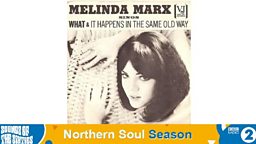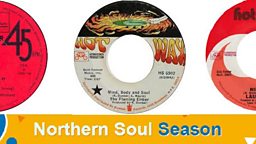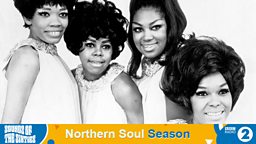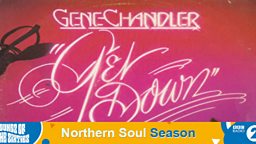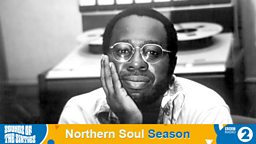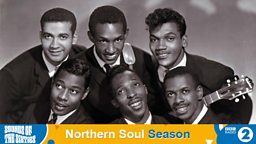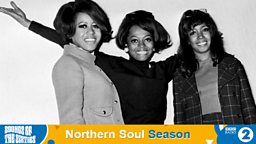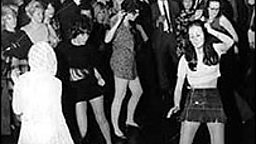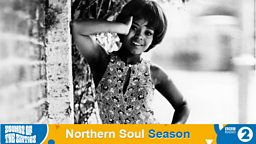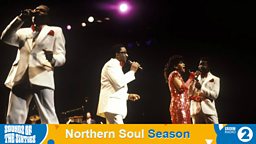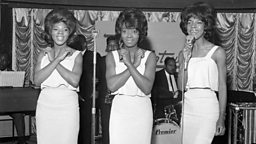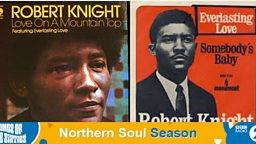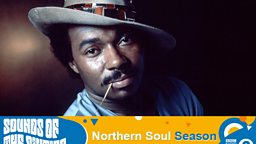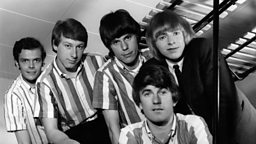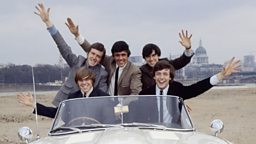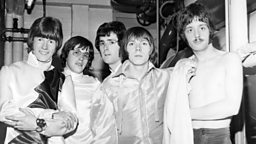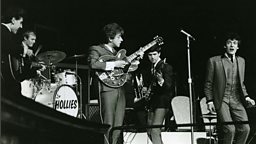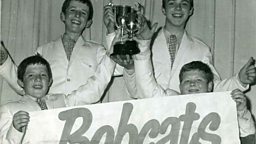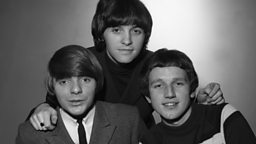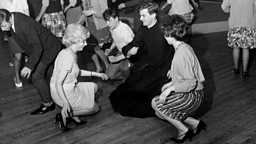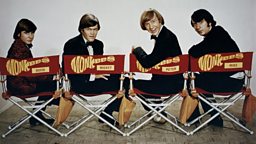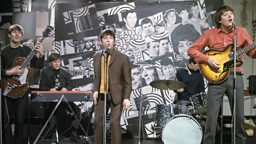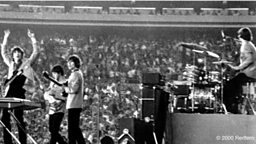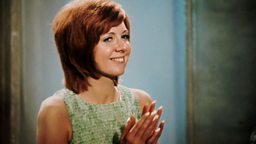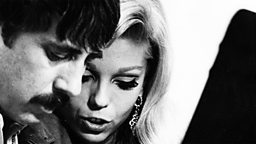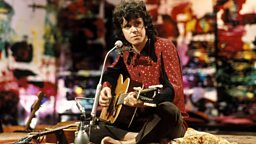Brian Jones: The Rolling Stone who popularised Chicago R&B in Britain
by Claudia Elliott
On 3 July 1969, the world woke to the news that , founder and guitarist of the Rolling Stones, had died.

The 27-year-old drowned in his swimming pool in unexplained circumstances at his home at Cotchford Farm, Sussex, after a night spent watching TV and drinking with friends.
The death of Brian Jones was the end of an era but the beginning of a new phase for the Stones
Brian’s death occurred shortly after he’d announced his departure from the group he began with Mick Jagger and Keith Richards back in 1962. The Rolling Stones were originally a rhythm and blues band before becoming one of the most popular and successful acts of the decade.
Born Lewis Brian Hopkin Jones into a respectable family in Cheltenham, he moved to London in 1962 in pursuit of playing authentic Chicago blues. He started performing at Alexis Korner’s Ealing Club with fellow enthusiast PP Pond, later known as Paul Jones of Manfred Mann.
The ‘two Joneses’ were soon spotted by a trio of aspiring R&B musicians from Dartford – Mick Jagger, Keith Richards and Dick Taylor. “We all thought Brian was really cool and he played such amazingly good slide guitar,” recalls Dick, who played bass at the Stones’ first gig, at The Marquee in 1963.
As the Stones moved away from R&B covers and recorded their own compositions, Brian’s musicianship and song arrangements – notably his sitar on Paint It, Black and recorder on Ruby Tuesday – gave their hits a thrilling edge.
Without him our little blues band wouldn’t have become the greatest rock’n’roll band in the world- Bill Wyman
Two days after Brian’s death, the Stones played a . A guard of greasers glowered at the 250,000-strong gathering, the largest rock crowd in Britain, as for Brian and shook thousands of butterflies into the air. One newspaper headline the next day read: ‘Where did he get that frock?’
Their raggedy, out-of-tune set opened with I’m Yours And I’m Hers, a song written by Texan slide guitarist Johnny Winter. Fans heard the first live performance of the single, released the day before the gig. It was also the debut for Brian’s replacement, guitarist Mick Taylor, previously of John Mayall’s Bluesbreakers.
The death of Brian Jones was the end of an era but the beginning of a new phase for the Stones. Bassist Bill Wyman best sums up Brian’s musical legacy: “Without him our little blues band wouldn’t have become the greatest rock’n’roll band in the world.”
You can listen to The Stones reflect on their legendary Hyde Park gig, below.
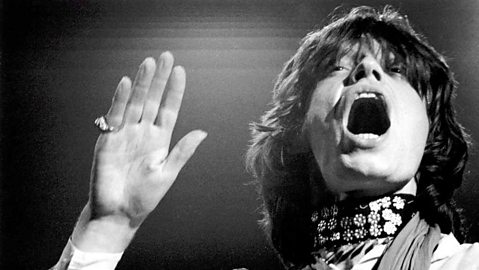
The Rolling Stones reflect on their rise to the top, including the free Hyde park gig of 1969
An extract from a documentary in which Paul Jones discusses life on the road with members of The Rolling Stones.
